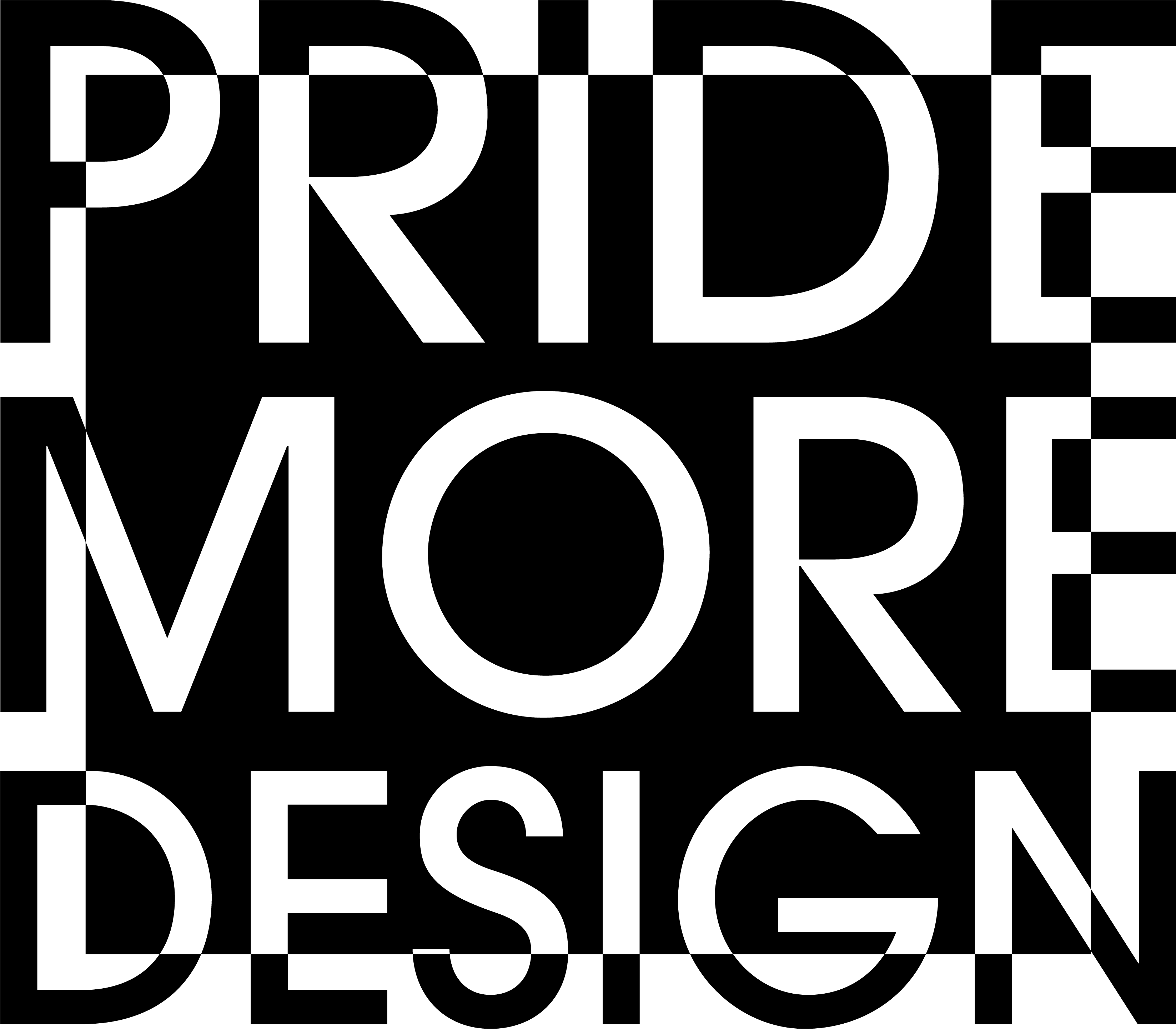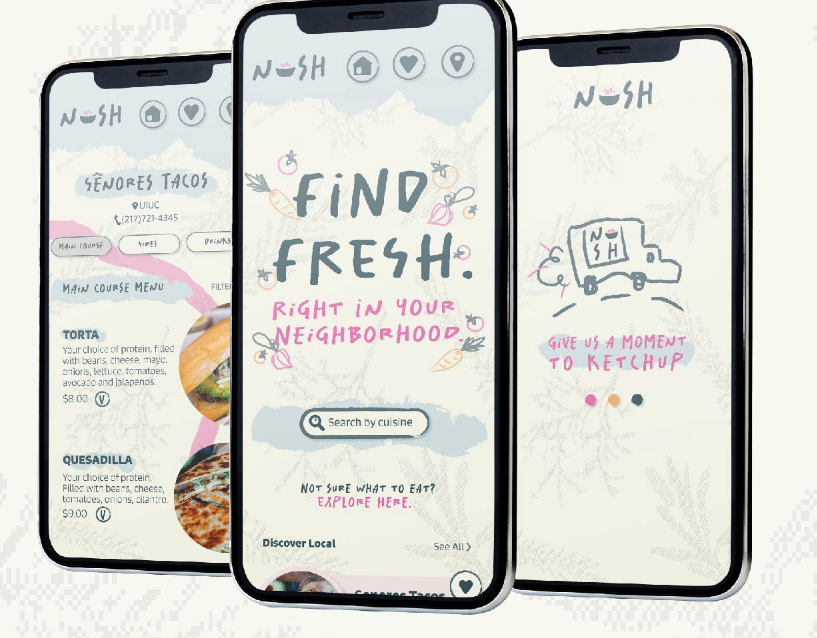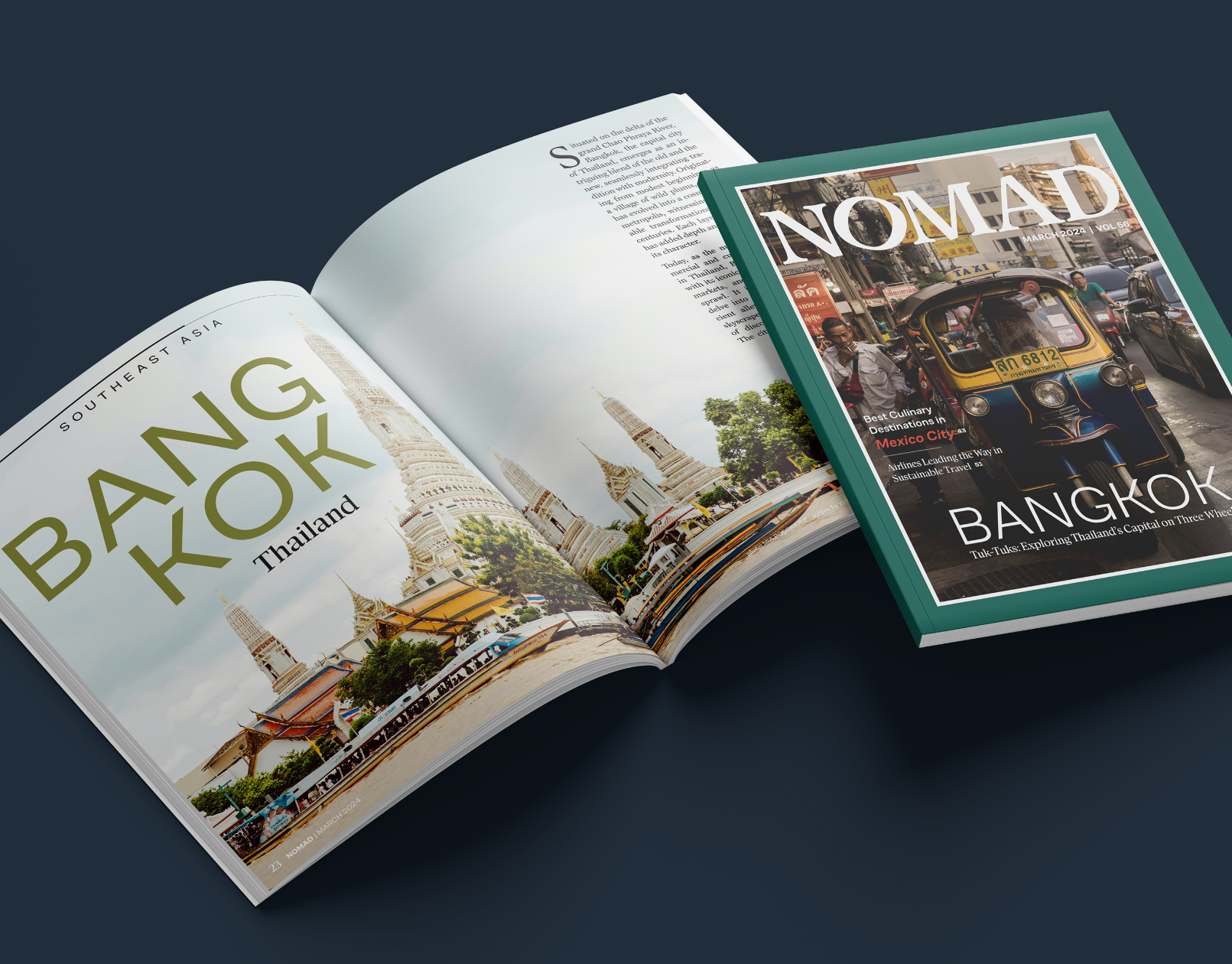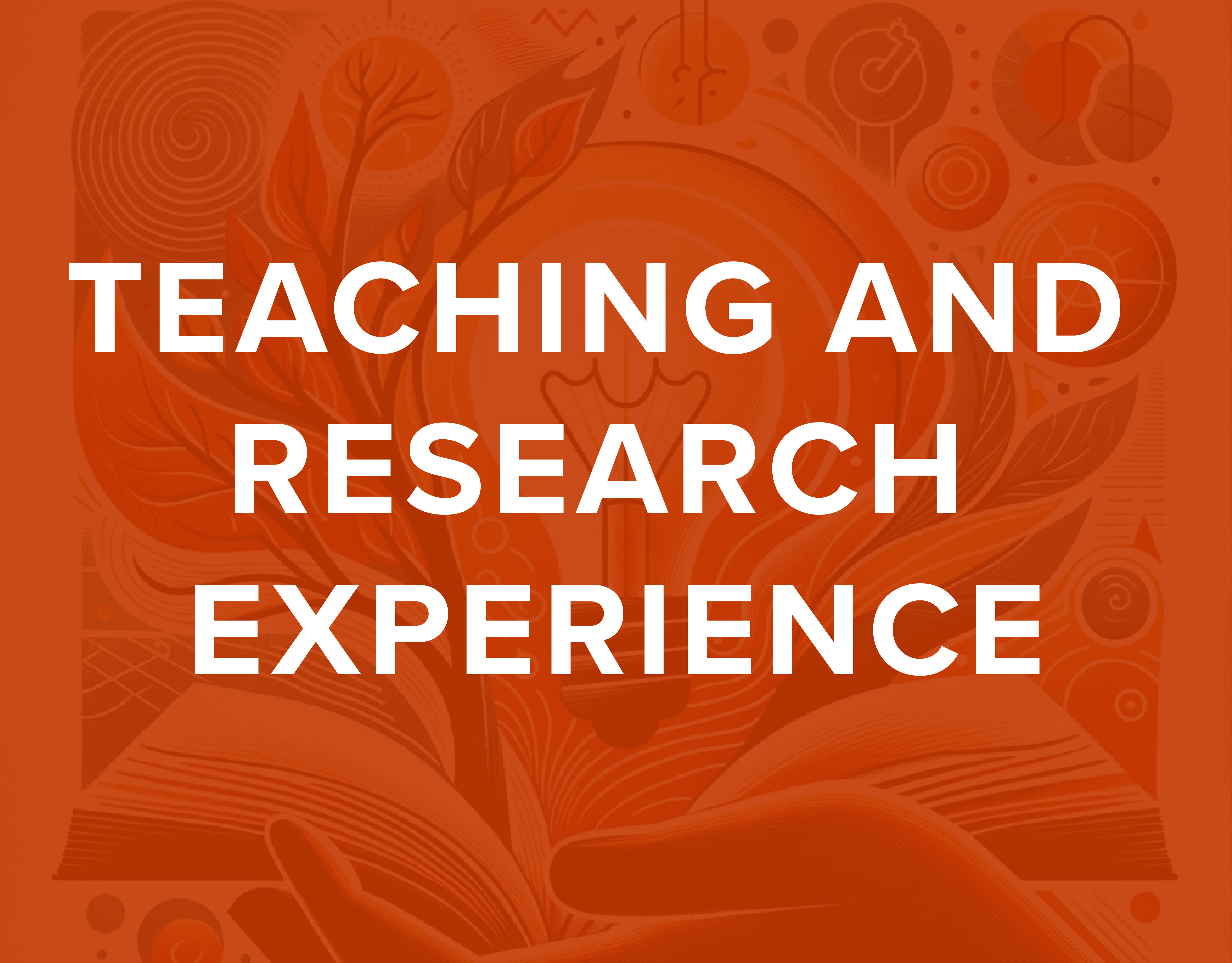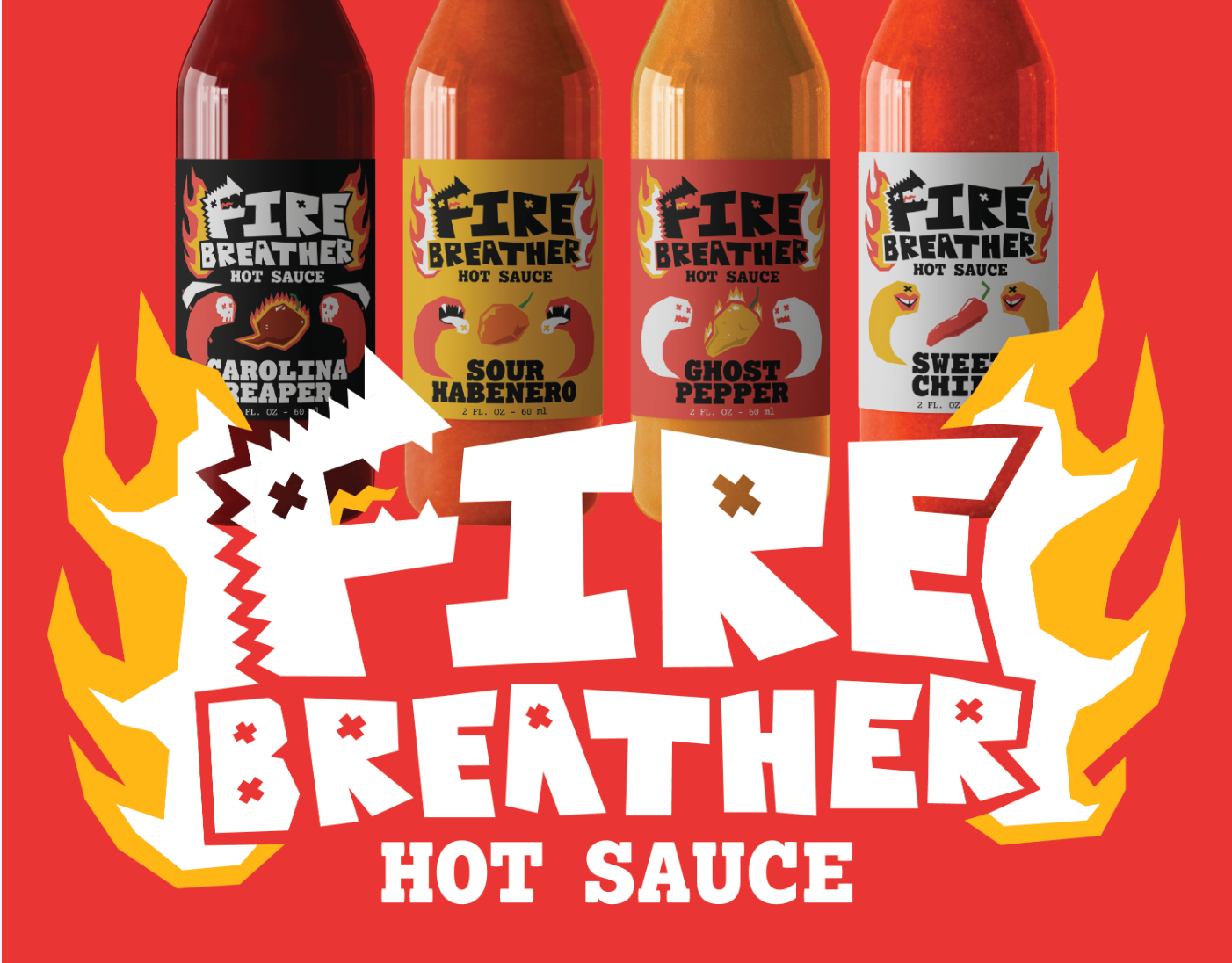Course DESCRIPTION
This User Interface/User Experience (UI/UX) studio is designed to empower non-designers with the skills to craft captivating user experiences within the realm of digital products and code. Throughout the course, students will explore the rich landscape of UI/UX, delving into both theoretical foundations and hands-on applications. The curriculum will revolve around immersive projects encompassing crucial elements such as information architecture, user scenarios, wireframing, interface design, and the integration of creative coding for web and mobile applications.
Course Objectives
UI/UX Foundations: Grasp core principles of UI and UX design for intuitive digital products.
User-Centered Design: Apply design thinking to create user-focused solutions.
User Research Skills: Conduct research to uncover user needs and behaviors.
Persona & Journey Mapping: Develop user personas and journeys to guide design.
Wireframing & Prototyping: Craft wireframes and prototypes to convey design concepts.
Visual Design: Enhance user experience with strong visual design principles.
Responsive & Accessible Design: Create adaptable, inclusive interfaces for web and mobile.
Usability Testing: Iteratively improve designs through testing and feedback.
Project Overview
Students tackle complex challenges using Human-Centered Design and Systems Thinking. They empathize with users, conduct research, and design user-centric solutions while considering broader system interdependencies. Focusing on a real-world problem, students develop a mobile solution, delivering a login page, home page, service page, user research documentation, process work, and interactive prototype.
Collaborative Learning Approach
I prioritize collaborative learning in my curriculum through the use of Figjam, an innovative online platform that enhances teamwork and idea-sharing among students. This digital environment allows for seamless collaboration, enabling students to brainstorm, share insights, and refine their projects in real-time, fostering a rich learning community. The course structure promotes an open exchange of ideas, with students encouraged to post their work on Figjam for peer review, facilitating a culture of continuous improvement and collective learning. To support this collaboration, I have developed a custom Figjam framework that reflects the stages of the design process. This framework serves as a roadmap for students, guiding them through each phase of their project and ensuring comprehensive engagement.
Student Samples
Harvest by Stephanie Jin
“Plant a seed of curiosity, harvest a forest of knowledge.”
A mentorship and learning platform to foster professional growth and facilitate connections.
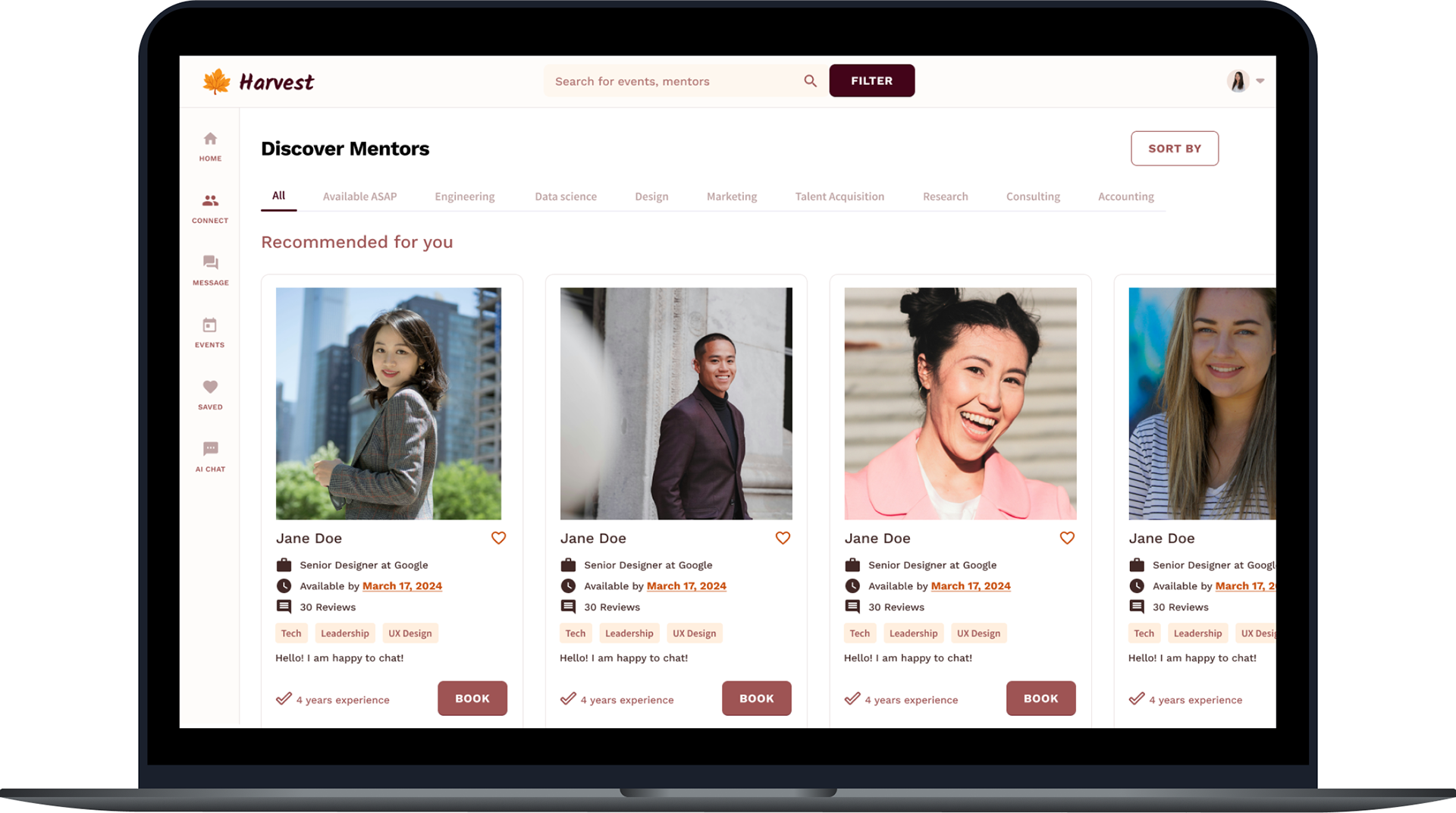
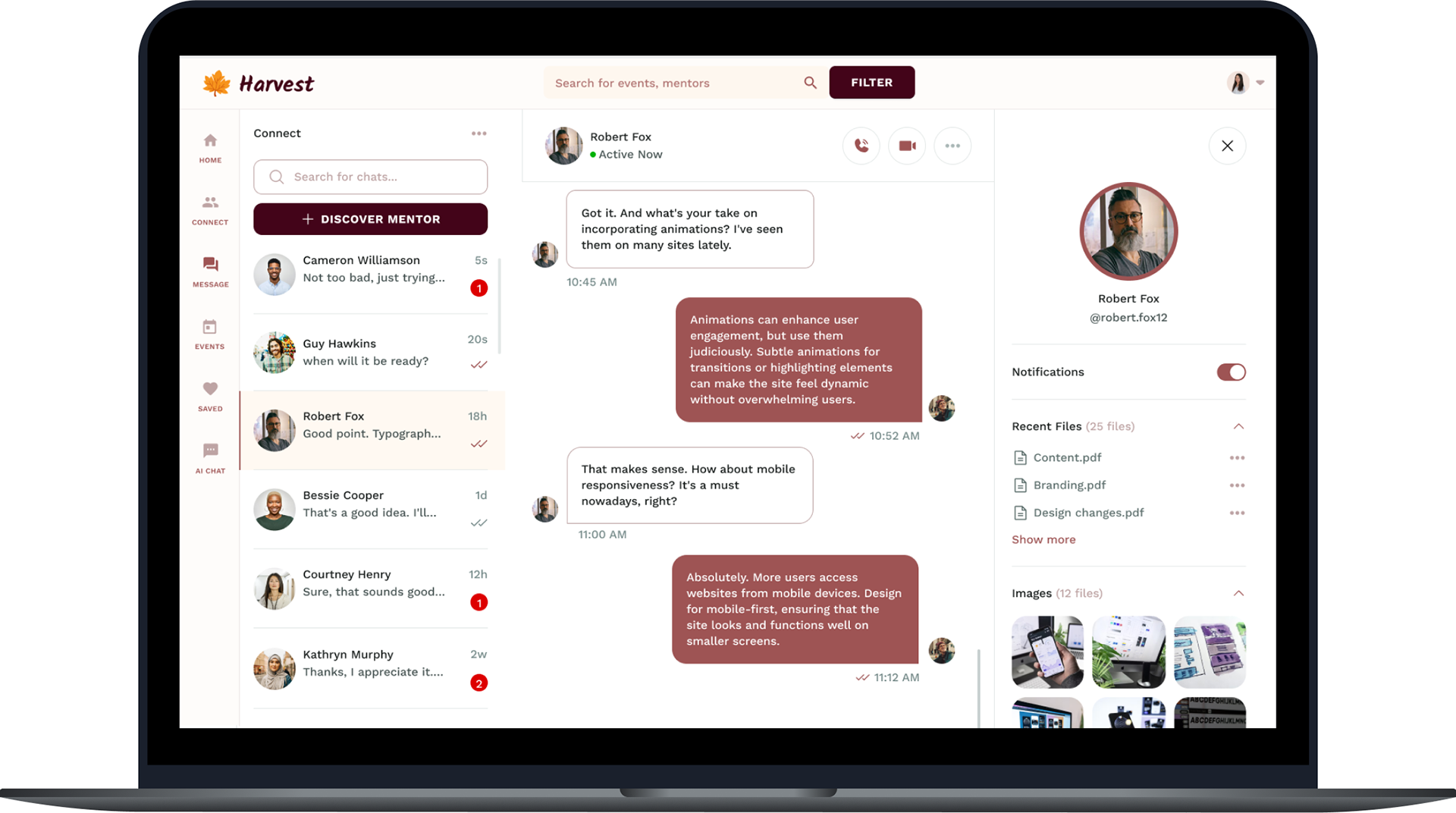
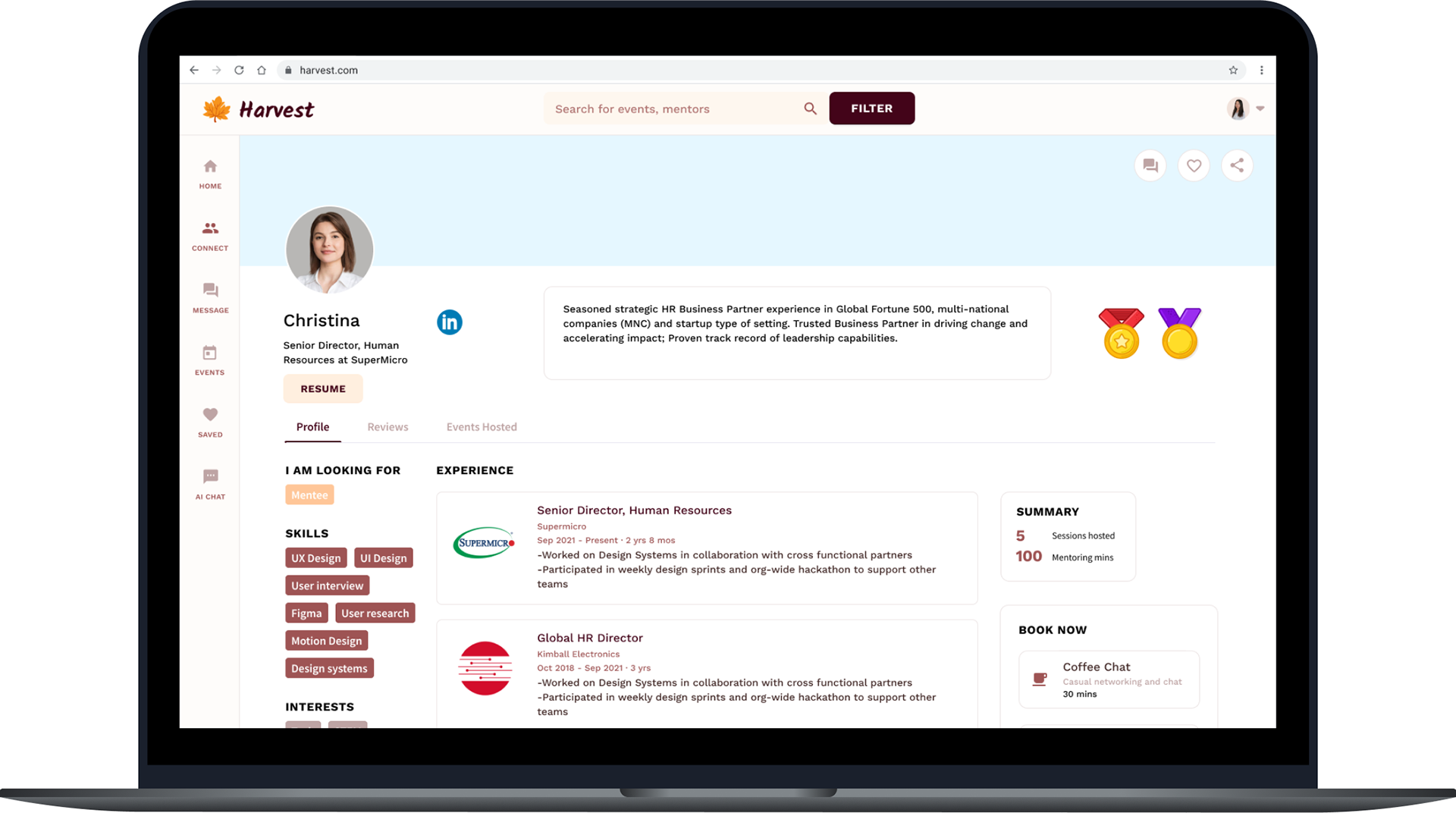
EcoPantry by Shannon Dwyer
Food waste reduction app for busy college students on tight budgets. Save money, avoid groceries expiring, and prevent harm to the environment.
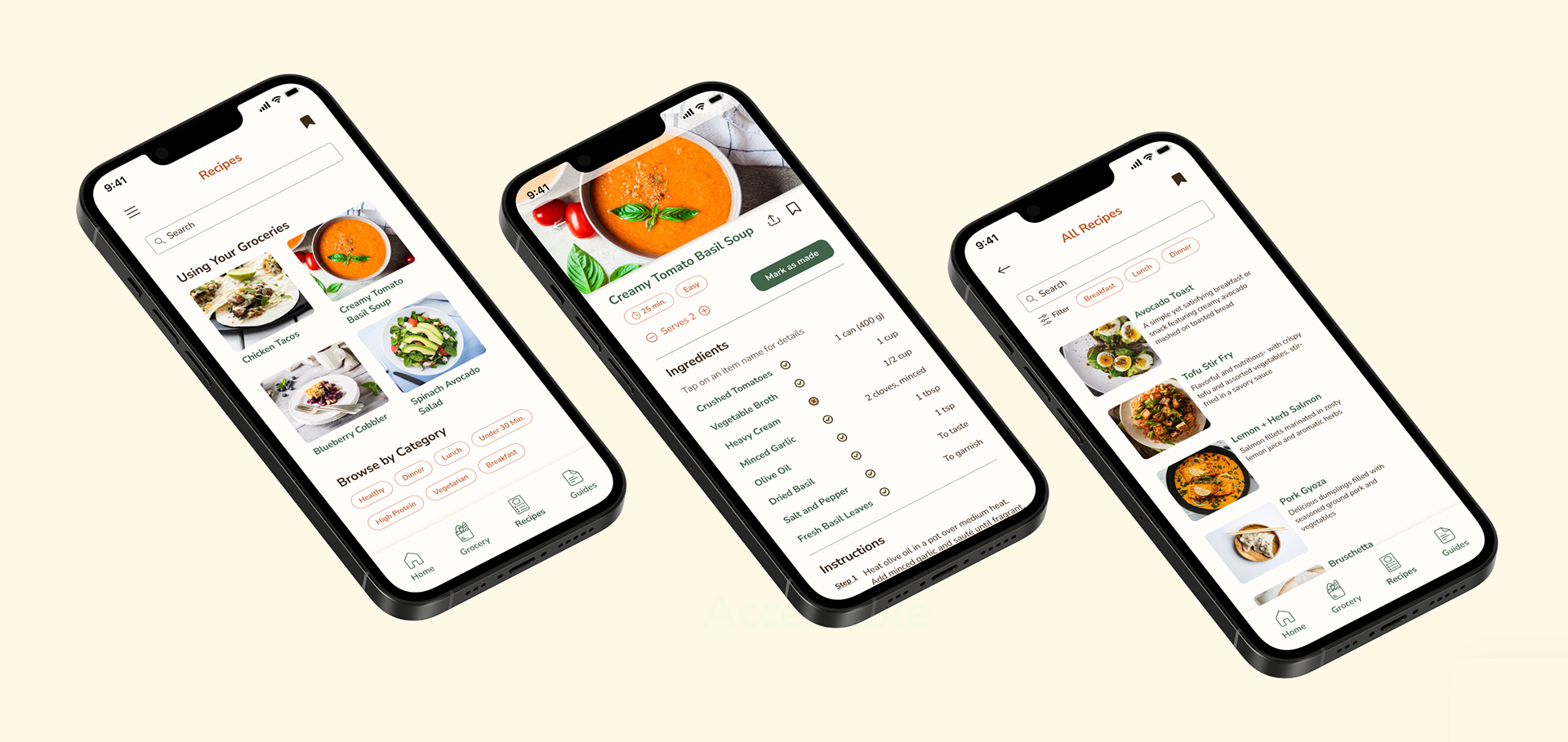
Additional Student Samples
